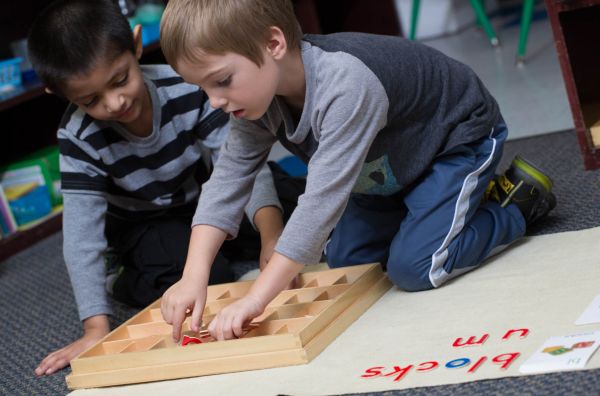
Any parent of a toddler knows that no child is born knowing how to share. Toddlers are propelled into action by the strength of their own needs and desires, which they haven’t yet learned to identify, never mind master. To them, to “share” a toy means that toy is being taken away.
Children don’t usually reach the emotional, cognitive, and social level of development necessary to learn sharing until the preschool years. Check out this breakdown of development from ages three to six.
Ages Three To Four
As adults, we have mastered the skill of sharing, so we don’t often ponder how complex the idea actually is. Sharing a blanket is a warm, cozy activity that costs nothing. Sharing a cookie means you still get a bite of that chocolate goodness, even if only by half. Sharing a stuffed animal, however, means that toy is now in someone else’s hands, and, in the eyes of most three-year-olds with very strong emotions and the haziest grasp of time, that toy is no longer his or hers.
Teaching sharing at this age begins with developing the child’s sense of time, introducing the concept of taking turns, and helping them identify and express their own feelings and emotions.
Ages Four To Five
At the age of four, children grasp a sense of time and they know, if they share, they can get their toy back later. They also have a greater sense of the outside world and a curiosity and urge to engage with others. Having learned to identify and label their own emotions, they begin to recognize those emotions in other children. This is the stage when they have the emotional and cognitive capacity to develop a sense of empathy.
Conflicts between children are still inevitable. This is a good time to help your early preschooler with their verbal skills to encourage better communication and problem solving. Fortifying them with phrases like “I’m using this right now but you can have it next”, “May I have a turn?”, and “Can I play with this truck?” to help them navigate conflicts.
Ages Five To Six
Kids this age know how to share, but don’t always do it graciously. Sometimes, they’ll share to stay out of trouble. They’re also very alert to inequity. If a cake is being cut, a five-year-old wants to make sure he’s getting his equal slice. A six-year-old with better language skills and more peer-to-peer experience, however, often begins to realize the social benefits of sharing.
If you find that your three-to-six year old children still have difficulty with the idea, don’t despair. Sharing out of pure benevolence doesn’t usually happen spontaneously until a child is about eight years old. There’s still plenty of time for your kids to grow up to be the kind, generous adults they’re destined to be.





















